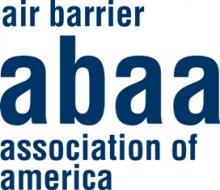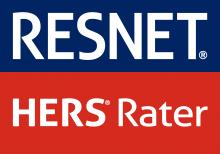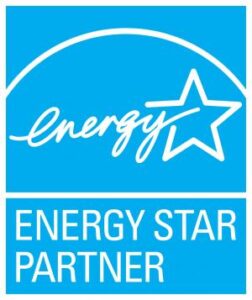Find answers to common questions about The Fifth Fuel and our comprehensive home performance services.
About The Fifth Fuel
The Fifth Fuel is your independent energy audit, retrofit, and energy efficiency specialist. We have the expertise and longevity of staff to tackle difficult projects, yet we are small enough that you can speak with the owner if you have concerns. Our energy auditors and energy efficiency team give you a wealth of information about the energy efficiency of your home and energy-saving solutions. We use a whole-house approach that treats your structures, insulation, ventilation, and mechanical systems as an interconnected whole. The Fifth Fuel energy efficiency experts deliver a customized, prioritized action plan, so you’ll know exactly which steps will lead to the greatest cost savings and indoor comfort.
Superintendent BPI certified, installers trained to BPI standards, ENERGY STAR Partners, RESNET members, Air Barrier Association of America members.
The Fifth Fuel is an approved contractor for EnerBank loans, a simple, low-interest financing program for home energy efficiency upgrades.
Yes! We are happy to answer any questions you may have or discuss any suggested home energy efficiency improvements for your Washington DC-area home. We are also glad to look at any estimates you receive to ensure that all areas of your home are being addressed as recommended.
Having a follow up inspection and blower door test is a good way to ensure that all work is done properly and to identify if any problem areas that remain. Also, by retesting the home with the blower door, we can measure exactly how much tighter the building has become as a result of the implemented home performance measures. We often test before and after home energy efficiency projects.
Our Services
This depends on the scope of the project. Most air sealing and insulation projects are completed within a couple of days.
Insulation work can be messy, but we cover anything and everything we can to keep homes clean. We understand that cleanliness is important to people, and we make this a high priority.
Yes. The blower door test helps us to identify areas of air infiltration by simulating a 20 to 25 mph wind blowing against the outside of the house. Technically speaking, the test works from the inside by depressurizing the building and measuring the number of times the air inside the house exchanges with the air outside. Don’t worry; it’s completely safe for people, pets, and plants.
An audit typically takes two to three hours, depending on the size and complexity of your project, and how many questions and areas of concern you have. We encourage you, the customer, to participate as much as you would like in the auditing process.
We sometimes use infrared cameras, in conjunction with other tools using during our energy audit to evaluate the building envelope. The blower door test usually gives us an accurate idea of how the house is operating as a system, as well as helping us to identify specific problem areas. We might use an infrared camera to help us find, for example, hidden gaps in insulation inside a wall, but often we can obtain all the information we need to evaluate a home during our walkthrough examination and the blower door test. Thermal imaging with an infrared camera is not always necessary to determine which measures could be implemented to make a building more energy efficient.
Improving Your Home
Yes. In fact, many homeowners contact us because of comfort issues in their home. Cold floors, uneven home temperatures, hard-to-heat or cool rooms, inconsistent humidity levels, mold issues, and drafts can commonly be solved by The Fifth Fuel energy efficiency team.
Yes. Many of our customers have experienced a large drop in their heating and cooling bills after we performed energy efficiency improvements. The Fifth Fuel team is highly experienced in identifying where energy is leaving homes and businesses and finding solutions. Air sealing, ductwork restoration, and insulating attics, walls, floors, and crawlspaces can have a significant impact on energy bills while protecting the environment.
While energy-efficient windows generally do increase the efficiency of a building, they are not always the most cost-effective improvement to make first in Northern Virginia and Metro Maryland homes. Often other factors, such as an uninsulated or under-insulated attic or basement, can be a much more important area to start with. We commonly recommend such improvements before suggesting new windows.






